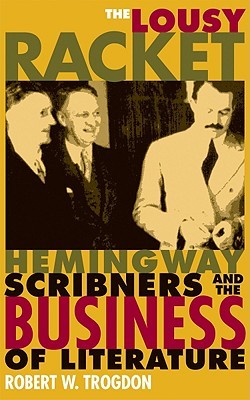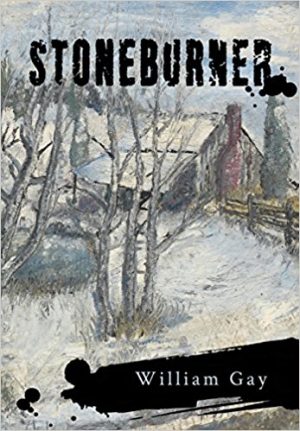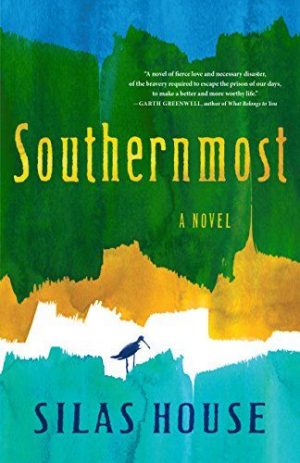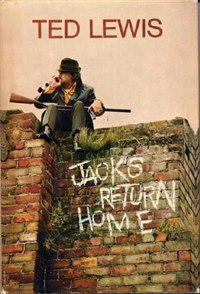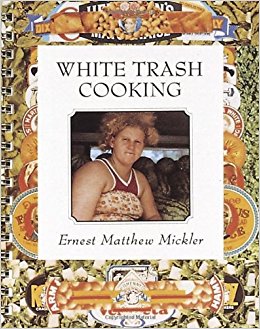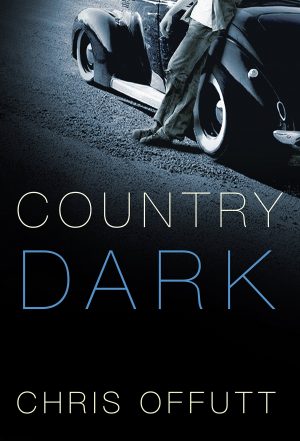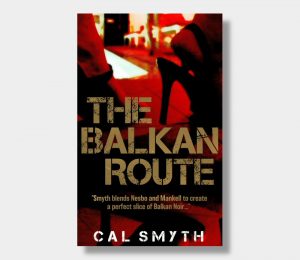 Fahrenheit Press
Fahrenheit Press
ISBN 978–1979517591
November 2017
280 pages
Italicized text from the Fahrenheit Press site:
After a businessman is brutally murdered in Belgrade, Inspector Marko Despotović digs into the web of corruption that connects the police, politicians, drug dealers and spiritual healers as they battle over the lucrative Balkan heroin route.
Can Marko navigate his way through an increasingly complicated and dangerous investigation as he tries desperately to keep himself and his family safe?
Marko Despotovic is a Serbian police inspector with a complicated life. On one hand, there's life with his loving wife Branka and their teenaged tennis-prodigy son. On the other, there's his neighbor's college-aged daughter, living nearby, who is also Marko's mistress, and the passingly curious fact that he's a non-corrupt cop in a very corrupt world.
When he solves the murder of a local celebrity businessman, Despotovic is bothered slightly by how easily the case gets solved. What follows reflects not only the corruption of the local police force, but also the intersection of criminality and politics. The terrible reality is that Despotovic, in order to keep his life and family in good order, must become part of the corrupt system he only partly understands. For a while. And then, he becomes good at being corrupt himself, a matter hinted at in the first words of the novel.
"The silhouetted fishing boats reminded Inspector Marko Despotović of corpses that had floated down from Vukovar during the Yugoslav War. Marko turned from the view of the Danube, lit up by the rising sun, picked up his Serpico-style sunglasses and slid them into his shirt opening." There's no shortage of corpses in the narrative, and the specters of the recent wars surround the characters in both object and imagination, as a couple key scenes take place among the ruins of battles not so long past. There's also the specter of American film and the lure of easy stardom. It's a milieu to die for.
Writer Cal Smyth's command of this story rife with doublecross and complication is a marvel to read. Told in third person limited perspective, mostly from Marko's point of view but skipping around to various others as the plot demands, this book is so well characterized, Marko's plight so real, that from the reader's perspective, the seamless whole has both breakneck pace and deliberate intent. The outcome, grim yet realistic, feels inevitable and right.
Smyth spent time in Serbia during the time period in which the novel takes place, avoiding a NATO bombing, and it shows. Simple Google searches of events and names in the book reveal a writer whose intensive research for the novel nearly surpasses his clear felicity with language, from the names of well-known criminals to the names of local pop stars. There's even a self-actualization specialist who plays a central role in a plot that gives as much pleasure from unusual juxtapositions and dissonances as it does from the writing.

